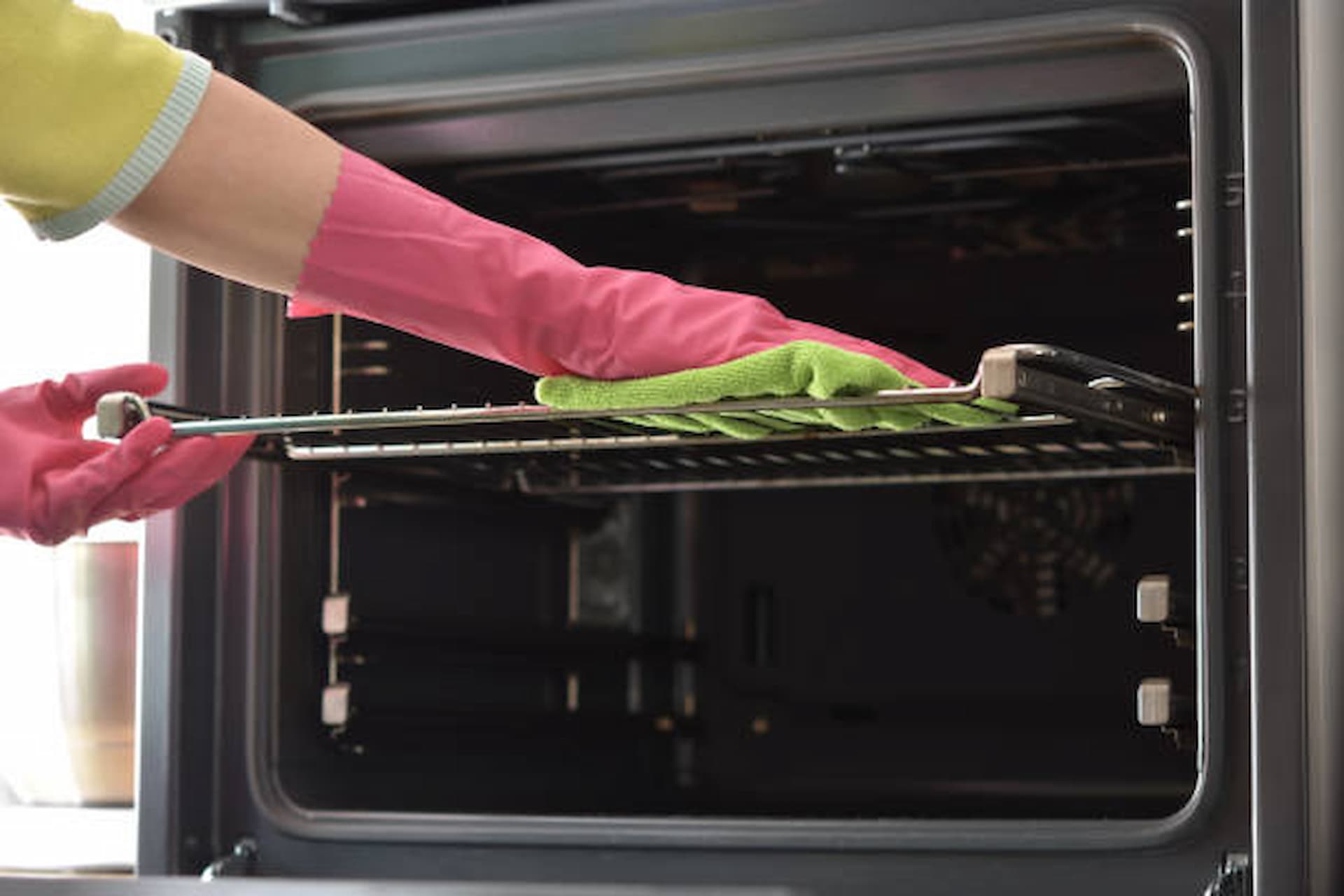A sparkling, pristine kitchen is the dream of every home chef and homeowner. An essential part of achieving this goal is maintaining a clean oven. Ovens, often the kitchen’s heart, can accumulate stubborn grease, spills, and food residue over time. Neglecting oven cleaning not only affects the taste of your dishes but also poses health risks due to the smoke and fumes released during cooking.
In this comprehensive guide, we’ll delve into the importance of oven cleaning maintenance and answer the burning question: How often should you clean your oven? Whether you’re a culinary enthusiast or someone who simply enjoys a delicious home-cooked meal, this article will provide you with valuable insights and tips.
Why Regular Oven Cleaning Is Essential
Regular oven cleaning is vital for several reasons. First and foremost, it ensures that your oven operates efficiently and safely. A clean oven will distribute heat more evenly, preventing uneven cooking and burnt spots. This not only improves the quality of your dishes but also conserves energy, which can lead to lower utility bills. In Chelmsford, where energy costs can be significant, this is especially important.
Moreover, a clean oven prevents the accumulation of carbonised food particles, reducing the risk of fires. Grease and food remnants can ignite, causing kitchen fires. By cleaning your oven regularly, you reduce this hazard significantly, ensuring the safety of your family and home.
Signs Your Oven Needs Cleaning
Recognising the signs that your oven requires cleaning is crucial. One obvious sign is a visual inspection. Are there visible stains, greasy streaks, or burnt residue on the oven walls, racks, and glass? These are clear indicators that it’s time to roll up your sleeves and clean.
Another common sign is unpleasant odours. If you notice a lingering, burnt smell when you preheat your oven or while cooking, it’s a strong indication of leftover residue in the oven. Ignoring these odours can lead to unpleasant flavours in your food.
How Often Should You Clean Your Oven?
The frequency of oven cleaning largely depends on your cooking habits. If you use your oven frequently, it’s advisable to clean it once a month. This ensures that food residue and grease don’t accumulate over time. For occasional users, a thorough cleaning every three to six months should suffice. However, if you notice signs of dirt or odours before these intervals, it’s best to clean your oven immediately to maintain its efficiency and safety.
DIY Vs. Professional Oven Cleaning
Now that you know when to clean your oven, the next question is how to clean it. Numerous individuals want DIY oven cleaning, using store-bought oven cleaners and elbow oil. Whereas this may be effective, it can also be time-consuming, untidy, and possibly destructive due to harsh chemicals.
Proficient oven cleaning Chelmsford provides a hassle-free and intensive solution. They use eco-friendly and secure cleaning strategies, guaranteeing your oven isn’t only clean and free from hurtful residues. The choice between DIY and proficient cleaning depends on your preference, time, and budget.
Tips For Effective Oven Cleaning
For those who choose the DIY route, here are some tips for effective oven cleaning:
- Remove oven racks and trays before cleaning to access all areas easily.
- Use a non-toxic oven cleaner or a homemade mixture of baking soda and water for a gentle but effective clean.
- Allow the cleaning solution to sit for a while, loosening baked-on stains.
- Gently scrub the oven interior, racks, and glass with a non-abrasive sponge or cloth.
- Wipe away the residue with a damp cloth and rinse thoroughly.
- Replace the racks and trays and enjoy your sparkling clean oven.
Maintaining A Clean Oven For Optimal Performance
Keeping your oven clean is an ongoing process. To maintain a spotless oven and optimal performance, adopt the following practices:
- Place a baking sheet or foil on the lower rack to catch spills and drips.
- Clean up spills as they happen to prevent them from becoming stubborn stains.
- Avoid using aluminium foil on the oven floor, as it can block airflow and lead to uneven cooking.
- Regularly check the oven door gasket for damage, as a damaged gasket can affect heat distribution.
Conclusion:
In Chelmsford and beyond, maintaining a clean oven is essential for a safe and efficient kitchen. How often you should clean your oven depends on your cooking habits, but regular maintenance is crucial. Whether you choose DIY cleaning or professional services, a clean oven ensures your dishes taste better, your kitchen stays safe, and your energy bills stay low. So, roll up your sleeves and start cleaning – your oven and your family will thank you.

